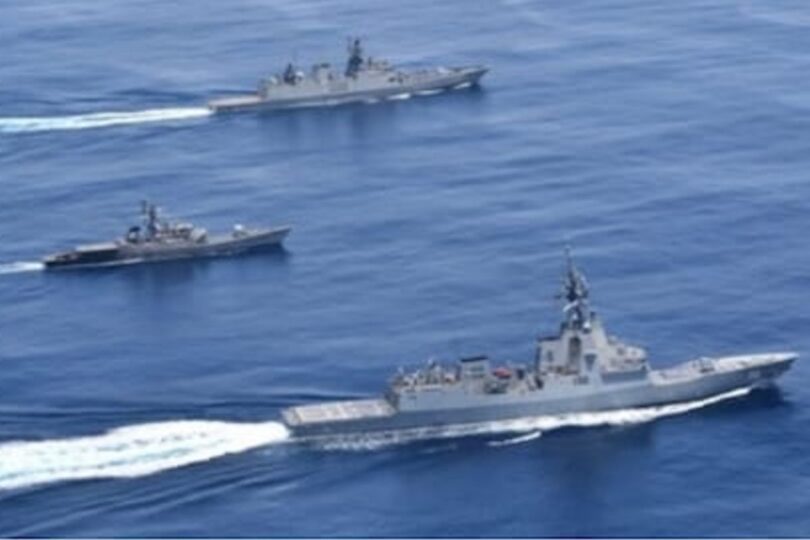The 50th World Maritime Day was observed on Thursday, September 28th by the world nations particularly the communities located on global shores, dealing in the fishery industry, sea explorations, maritime trade, tourism and travel as well as maritime organizations, and civil rights activists around the globe. However, the majority of the global populace living away from seashores is commonly unaware of the importance of the blue economy and the urgency for the preservation of sea life and the ocean environment in the contemporary world. The World Maritime Day is a reminder of maritime safety, security and environmental conservation, and is marked annually, urging nations to work together for sustainable maritime practices to ensure collective security, shared prosperity and common good.
World Maritime Day is annually commemorated in remembrance of the International Convention for the Prevention of Pollution from Ships (MARPOL) which aims at combating pollution and protecting the environment from pollution through the impact of shipping via a robust regulatory framework and emphasis on its ongoing commitment to prevention of our oceans from pollution. In fact, Maritime Pollution MARPOL’s legacy stretches beyond the past five decades including the 73/88 era, which marked the five years long global discussions which led to the approval and implementation of International Maritime Law (IML) and MARPOL accords at the global level.
Fundamentally, International Maritime Law and MARPOL Convention provide foundations for global cooperation in the fields of international shipping, maritime trade, tourism, under surface minerals exploitation along with the use of Sea water even the multipurpose use of the riverine, canal and lake water for fishing, boating, sports and leisure etc. In fact, the global seas owe a treasure of untapped wealth that awaits a sagacious use of those opportunities without disturbing the ecology and natural environment of global waters. The idea of the Blue economy purely relates to traditional ocean-related economic activities such as fisheries, coastal and sea tourism, and maritime transport, as well as new emerging opportunities like off-shore renewable energy, aquaculture, deposit exploration and sea-bed extraction activities. All such endeavors surely demand a significant financial investment, technical expertise, and time along with strict implementation of the International Maritime Law and MARPOL Convention which is the essence of all sea-based human activities otherwise maritime and industrial pollution turns blue sea waters into filthy ponds and valuable sea lifes perished in days instead of years.
As far as Pakistan is concerned, a source-deficient developing nation faces serious issues relating to water pollution and preservation of ocean ecology within its territorial jurisdiction as well as relating to its coastal areas, water reservoirs, rivers and canals. Industrial and domestic wastes, encroachments and plastic pollution have seriously damaged the seawater, coastal areas and riverine life in the country. The Pakistan Navy has always remained at the forefront of conserving the maritime environment in line with the MARPOL principles and it has always been a major driving force behind all national endeavours for the preservation of maritime ecology and promotion of the blue economy in the country. The government of Pakistan, the Ministry of Ports and Shipping, the Pakistan Navy and civil society along with the business community have been working hard to preserve the natural environment and ecology by implementing pollution prevention strategies in Pakistan’s coastal waters, through coordinated efforts and joint work. Although the government departments had been working on this agenda over the past decades, but most of the efforts had been merely symbolic, and event-driven arranged on special occasions such as World Maritime Day, World Oceans Day, International Clean Air Day, or Global Day for Biodiversity etc. It is high time that the government of Pakistan and relevant quarters initiate a nationwide campaign to spread awareness about the preservation of the maritime environment and its importance for the survival of human and sea life, so each citizen plays his due role in achieving this national as well as global objective in the future.







